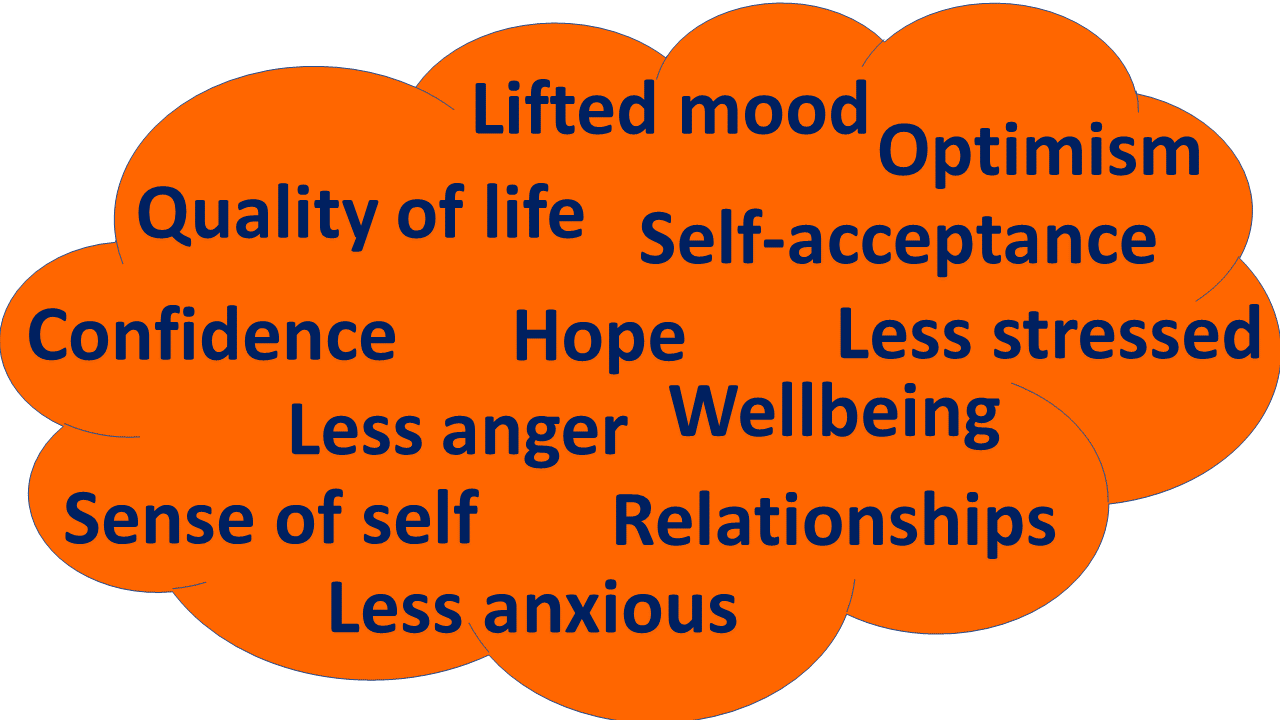 New research has reported many and diverse benefits of learning the Alexander Technique including greater confidence in being able to deal with current and future challenges.1
New research has reported many and diverse benefits of learning the Alexander Technique including greater confidence in being able to deal with current and future challenges.1
Until recently, most research on the Alexander Technique has centred on the impact of having Alexander lessons on health-related conditions such as chronic pain or disability, or on musicians’ performance.
Now there has been a new analysis that systematically reviewed all existing research on so-called ‘non-physical’ outcomes of Alexander lessons. The choice of type of outcome (‘non-physical’) was pragmatic and the researchers readily acknowledged that it is artificial to try and make a distinction between physical and non-physical. However, it allowed the researchers to study a whole range of psychological and other outcomes of Alexander lessons that have, to date, been somewhat neglected. From the analysis, the researchers were also able to identify several different routes by which the observed benefits may have come about.
Benefits of learning the Alexander Technique that were identified in the analysis included:
- Greater sense of control or confidence
- Increased self-efficacy
- General wellbeing
- Improved quality of life
- Self-acceptance
- A more holistic sense of self
- Improved relationships
- Increased optimism / hope for the future
- Reduced fear / anxiety
- Decreased depression / low mood
- Less anger
- Reduced stress
- Enhanced ability to deal with pain or difficult emotions
Not all the outcomes were so positive. The Alexander Technique is a method for change and so, perhaps not surprisingly, the authors also noted that difficult emotions can occasionally arise during lessons as part of the learning process. This highlights the importance of Alexander teachers being able to consistently create a safe, supportive environment for lessons, so that individuals can be helped to work through any uncomfortable emotional responses that might come up.
So how did the reported benefits come about? The researchers identified two broad pathways: i) improvements in physical health and wellbeing leading directly to psychological wellbeing, and ii) an experience of mind-body wholeness that led to people applying their Alexander skills in their daily lives and resulting in benefits across a broad range of areas.
This analysis provides evidence for wide-ranging beneficial outcomes of learning the Alexander Technique. You can read the full publication here. If you are considering finding out more about the Alexander Technique and would like to book an introductory lesson, make sure you choose a qualified, registered teacher.
Reference
- Kinsey D, Glover L, Wadephul F. How does the Alexander Technique lead to psychological and non-physical outcomes? A realist review. European Journal of Integrative Medicine 2021; 46: https://doi.org/10.1016/j.eujim.2021.101371.

